Last updated on November 9, 2022
Caren Robinson is a Certified Holistic Life, Career, and Executive Coach; Transformation Life Coach, and Brain Based Coach; medical advocacy consultant, TBI Mentor, professional speaker, and the founder of Vital Ability, LLC. We hope you enjoy this interview!
Coaching Focus: Vital Ability works with individuals and professionals in a way that supports their ability to move from survivor to thriver after experiencing a life-altering event. This allows them to live their life with intention while celebrating their ability to focus on the life they are meant to live.
Location: Caren is based in Michigan, but her coaching practices serve the global community.
Connect: You can find Caren online at her website, as well as on Facebook and Twitter.
Tell us about your journey as a coach.
I’ve spent most of my adult life working in the medical field in some fashion. I’ve also mostly worked with grassroots and non-profit organizations in various forms. I am thankful for my many influences.
In 2014, life as I knew it changed permanently. I was thrust into a position to have to reinvent myself in every aspect of my life. I had been involved in a head-on collision with my youngest son, where my seatbelt failed and I ended up ejected. I endured years of therapy, reconstructive surgeries, and learning to live with permanent disabilities while adjusting to my new normal (you can see that story at hopetbi.com/).
In 2019, I established my business as Vital Ability, LLC. I offer coaching, medical advocacy consulting, and educational workshops.
I became interested in coaching after being introduced to it by my trauma counselor. She suggested I might find value in working as a life coach. I hadn’t heard of a ‘life coach’ before and began researching what it entailed. I knew that I wanted something that aligned with my interests, added value to the world, was ethical and respected, and allowed me the flexibility to remain independent.
I then found the International Coach Federation and its list of affiliated Training Programs. I was able to work with my Vocational Rehabilitation Center to successfully complete a 125-hour PCC training course with an Accredited Certified Training Program.
I remain grateful to have the opportunity to continue to serve.
What courses, programs, or certifications have you done? Would you recommend them, and for whom?
- 125 hours for PCC Course through the Goal Imagery Institute
- 60 hours for Ongoing Education through The Coach Training Academy
- Various Courses through Udemy and Coursera
- Various Brain Injury Education Courses through Brain Injury Association of America and Empowerment Research, LLC
- Positive Psychology Courses through the University of Pennsylvania
- Various Training Modules/Pathways through Toastmasters International
- Crisis Text Line Counselor Training
I recommend that if an individual has an opportunity to better themselves by increasing their education, knowledge base, and skillset, then they should absolutely take advantage of those opportunities. Where they acquire that education is a very personal decision. I chose both ICF-affiliated and non-ICF-affiliated courses for myself. I have found value in both. To stop learning is to stop living.
What advice or perspective might you give to a new coach trying to get their first clients? Any advice they should ignore?
Advice or a perspective I might give to a new coach trying to get their first clients would entail the following:
- Believe in yourself and the ability to get results with your coaching
- Practice with peers and coaching circles
- Offer your services to family and friends—you can call it a “pilot program” and get valuable feedback. See them and treat them as real clients—the way you practice is the way you perform.
- Coaches benefit from having their own coaches (it’s okay to be a masterpiece and a work in progress at the same time)
- Learn all that you can and then learn some more
- The majority of new coaches will not have any idea what niche they want to be in until AFTER coaching a variety of clients. Sometimes this brings out strengths in your own self that you may not have honed in on previously.
- If you have a niche you feel strongly about, be confident in getting started and network with other coaches in your niche
- Be authentic, and have a high level of ethics and personal integrity when doing business and representing the industry
- Value your worth
- Don’t get so distracted by all the shiny and wonderful trainings out there that all you are doing is shelling out money, time, and energy on training after training without doing anything to get actual experience with coaching real clients
Coaches benefit from having their own coaches (it’s okay to be a masterpiece and a work in progress at the same time)
Advice that any coach should ignore is:
- Any advice that feels “off” or involves anything shady
- Any advice that says it is okay to provide therapeutic treatment during a coaching session as a coach (coaching is not therapy, and even if someone is a Licensed Counselor, Psychologist, etc, coaching does not replace therapy; you cannot integrate the two worlds if you are not a licensed therapist of some sort)
- You aren’t ready to coach unless you have had thousands of dollars worth of training
- You aren’t ready to coach until you have your business up and running and have mastered every part of your business (sales, marketing, scheduling, promotions, etc)
- Being a coach takes no effort whatsoever (it takes a lot of effort, some business knowledge, the ability to produce valuable results, and the ability to listen more than you talk)
What are your thoughts on “choosing a niche” as a coach?
My process of declaring my niche was deeply personal. I chose to research the industry, align myself with organizations that resonated with my values, and select a topic that I felt I could add the most value to for my clients. What I provide as offerings evolves as I learn more about the industry, gain more experience, and learn what does and does not work for my particular business.
What books have significantly influenced your life? What are your key takeaways from these books?
There are a multitude of books in various genres that have significantly influenced my life. The key takeaway from any book is to read for understanding, for information, and to increase your knowledge.
You don’t have to agree with everything to get value from it—take and apply what works for you and pass on the rest. And audiobooks are not “cheating” when it comes to reading books. Any format that works for you is acceptable (we all retain information differently).
If you received an extra $10,000 to spend on your business, how would you spend it and why?
I would invest in providing money to cover coaching scholarships through my pro bono program (because coaching should be accessible to anyone regardless of financial status, and spots are available based on program funding available). I would invest in furthering my education (there are a couple of trainings I really want to take to enhance my skill set). And I would invest in various marketing/swag opportunities.
What are some of your favorite affirmations, mantras, and/or quotes currently? Why?
I love quotes, mantras, and affirmations. They are an integral part of my life that I have chosen to be receptive to. They give me a sense of balance and focus and encourage mindfulness.
These are some of my favorites:
- If you believe it, you can achieve it. If you dream it, you can become it.
- BE the change you want to SEE in the world
- Never give up HOPE
- I am fearless, I am worthy, I am loved
- I am not defined by my injuries, I am defined by my ability not to ‘dis’ my abilities
- “D’s get degrees” – not everyone is an A/B student or an impeccable test taker. If you have an educational dream, don’t let your fear of not getting a 100% stop you. You can give 100%, not get 100%, and still have a degree of your choice. Society wants to see the degree, not the grade you got to get the degree.
- I can do all things through Christ which strengthens me
When you feel overwhelmed, stressed, or have lost your focus or motivation, what do you do?
It depends on the situation. Usually what works well is pacing myself and focusing on managing my self-care. I will often light some incense or utilize some form of aromatherapy to help ground me. Sometimes I will talk out loud to myself and give myself motivational pep talks. Sometimes I cry. Sometimes I gather myself by focusing on specific breathing techniques and then continuing those techniques until I have calmed myself. Sometimes I crash and get some sleep to allow myself to reset. Sometimes I take a hot shower and let the water soothe me.
I celebrate my successes no matter how small and give myself permission to feel, to process, and then, if needed, forgive myself and move on.
Do you have any examples of how a “failure” set you up for later success?
I no longer view anything in my life as a failure. To me, failure means you didn’t learn anything from it. Anything that has happened in my life that hasn’t served the greater good of my life, that has been ineffective…. I have ultimately learned from it. Some of those lessons have been harder than others, yet I have still learned. Learning and evolving are forms of success. It’s all about choice. I choose to be bitter or better.
To me, failure means you didn’t learn anything from it.
Do you have any embarrassing (at the time) stories from your work as a coach? Or a time when putting yourself out there really paid off?
Nothing too awfully embarrassing so far, thank goodness….however every time I put myself out there it pays off—even if not financially, then in other ways (emotionally, mentally, physically, gaining experience, etc).
If you could put a message on a huge billboard—getting a message out to millions—what would it say and why?
“Injustice anywhere is a threat to justice everywhere” – Dr. Martin Luther King, Jr.
Is there anything else you’d like to add?
Small gestures can have a big impact. Thank you for allowing me to be creative and have input in a venue where impacts are inevitable.
The Life Coach Magazine staff is your team for high-quality content on topics from personal development, to coaching tips, to how to grow your coaching business.

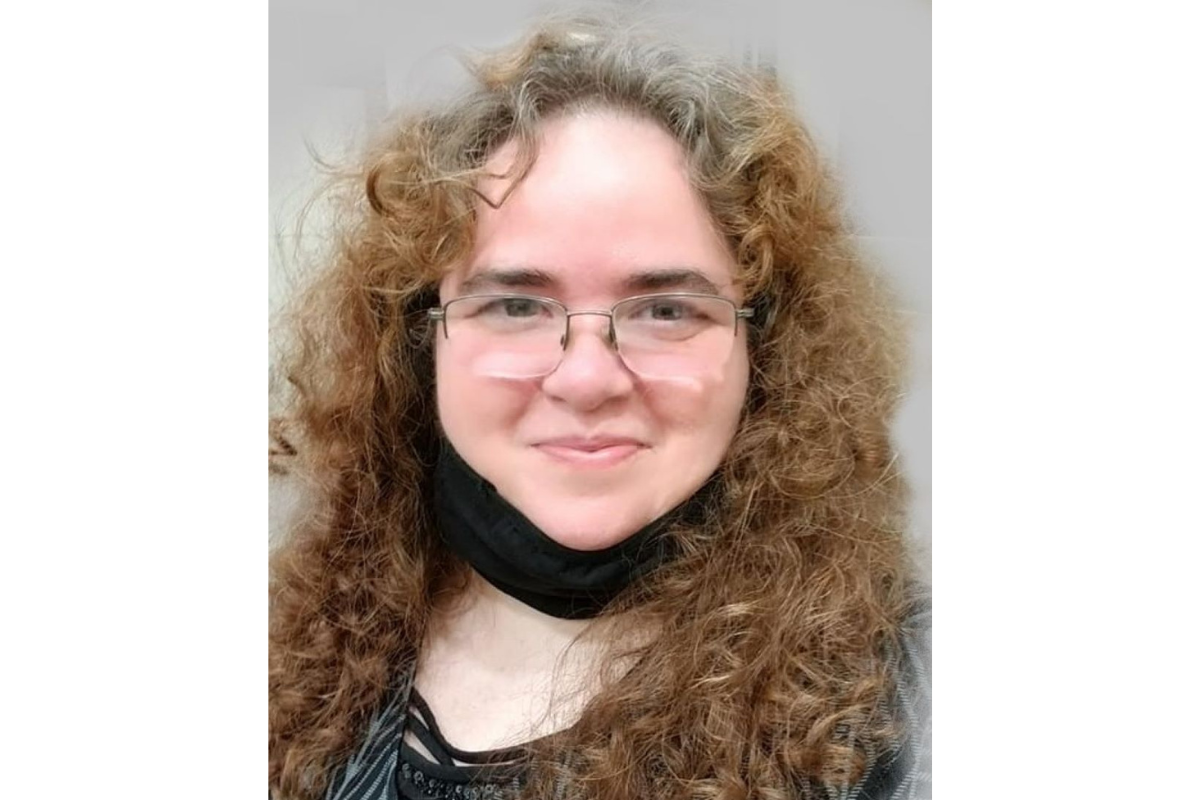

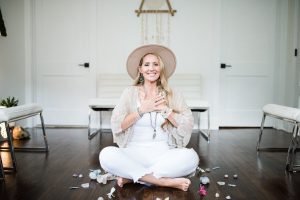

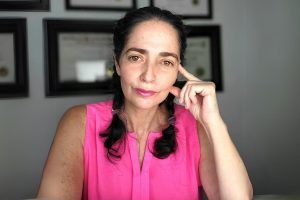

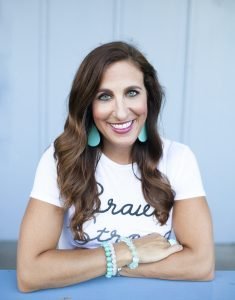

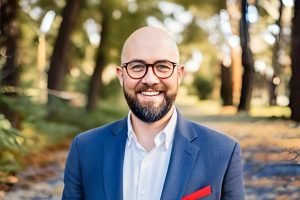
Be First to Comment